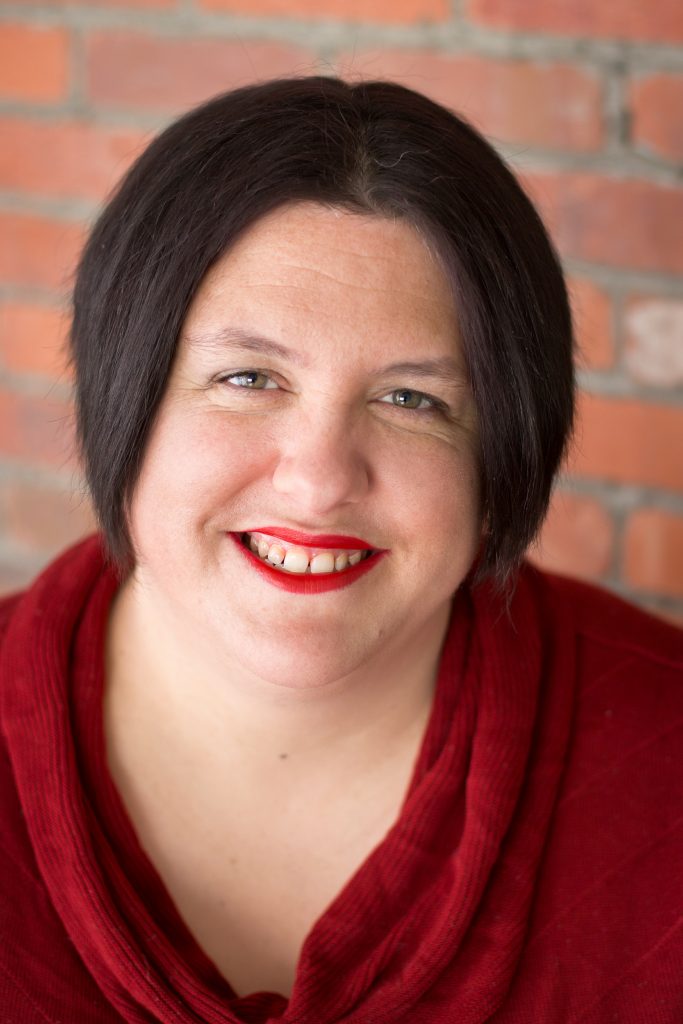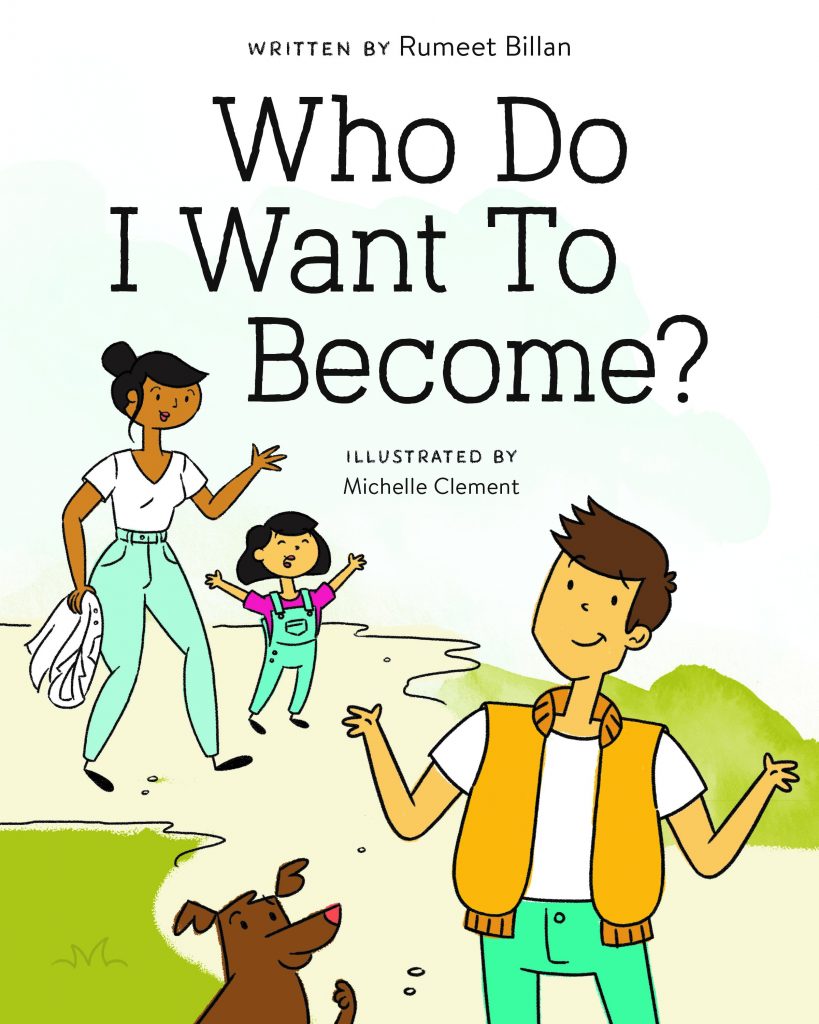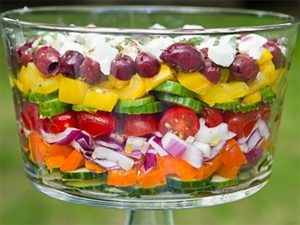Asking Kids What They Want to Be vs. Who They Want to Be

I have a confession to make. I still don’t know what I want to be when I grow up. Sure, I’m in my forties, but I don’t have it all figured out just yet. And allow me to let you in on a little secret… a lot of other people don’t either.
And that’s okay.
The pressure is there, though, isn’t it? It starts when we are very young, even before we begin school.
“What do you want to be when you grow up?”
Most kids can’t figure out what they want in their Happy Meals, but we ask them their career intentions? Sure, some kids are decisive, even if unrealistic. And of course, we accept any answer they give. I wanted to be a singer, despite sounding like Ethel Merman with a cold. My sister spent a good deal of time trying to decide between being a princess and living at Casa Loma, or being a bird – and my parents said, “You do you, Sweetheart.”
But does this seemingly benign question emphasize the wrong things? That’s what Dr. Rumeet Billan tries to uncover in her children’s book, Who Do I Want to Become? She explains, “In the book, Dylan is struggling with a class project and has to present to the class the next day on what he wants to be when he grows up. He asks his family and friends what they want to be and everyone has an answer, everyone, but him. Dylan’s mom comes home from work and shares with him that she still doesn’t know what she wants to be, and it’s in this moment where Dylan realizes that it’s not what you want to be that is important, instead it’s who you are and who you want to become that matters the most.”
This realization gives Dylan a sense of relief. Honestly, it had the same effect on me as an adult reader. Deciding what you want to be feels very concrete and rigid. Better make the right decision, because you will be stuck there your whole life. At least it can feel that way, and that is paralyzing.
In contrast, who you want to be is much more fluid.
Billan discusses how deciding who you want to be still ultimately helps children choose their future path, explaining, “There is a difference between expectations and dialogue. Preparing children for the future of work involves dialogue around strengths, interests, preferences, purpose, and meaning. This helps to identify a direction that is of interest to the child. It also involves developing transferable skills like resilience, communication, and empathy. Skills that are needed across sectors, industries, and professions. Most importantly, helping children develop their self-confidence and psychological capital is critical to preparing them for the future workforce.”
Having changed my career several times, and struggled with the notion of my identity being tied to how I earn money, I wish I had been given this lesson as a child. While your profession can certainly be a source of pride and a part of your identity, it is one facet of who a person is, and certainly not something children need to be worrying about.
So how do we take this pressure off of our kids?
Billan suggests we change the question. “I believe that when we change the question, it encourages children to reflect and focus on their character strengths which is so powerful. This also alleviates some of the pressure and anxiety that youth are currently experiencing, because of the expectations put on them to know exactly what they want to do when they graduate high school. The future of work in unknown and it is important to start shifting the dialogue so that children and youth can be future ready in a confident way. The what is a moving target and the who is already inside of them.”
Who Do I Want to Become does an excellent job of conveying Dylan’s anxiety over his future, using simple language, and an easy to follow story. It’s a great read for any age group. “Specifically, the age range is between 5-9 years old,” says Billan. “Generally, the book is for anyone of any age who is struggling with the question what do I want to be when I grow up? I know many adults who are still pondering this question and younger children who love the illustrations in the book.”
As a parent, I’m guilty of asking my children that loaded question many times. Billan’s book gave me pause, and I will be flipping the script when I approach the subject with my children in the future. When it comes right down to it, I don’t really care what they do for a living when they are grown. I’m much more interested in who they will be as people.
After all, I’m not raising chefs, or engineers, or nurses. I’m (hopefully) aising kind, curious, well-rounded human beings.













